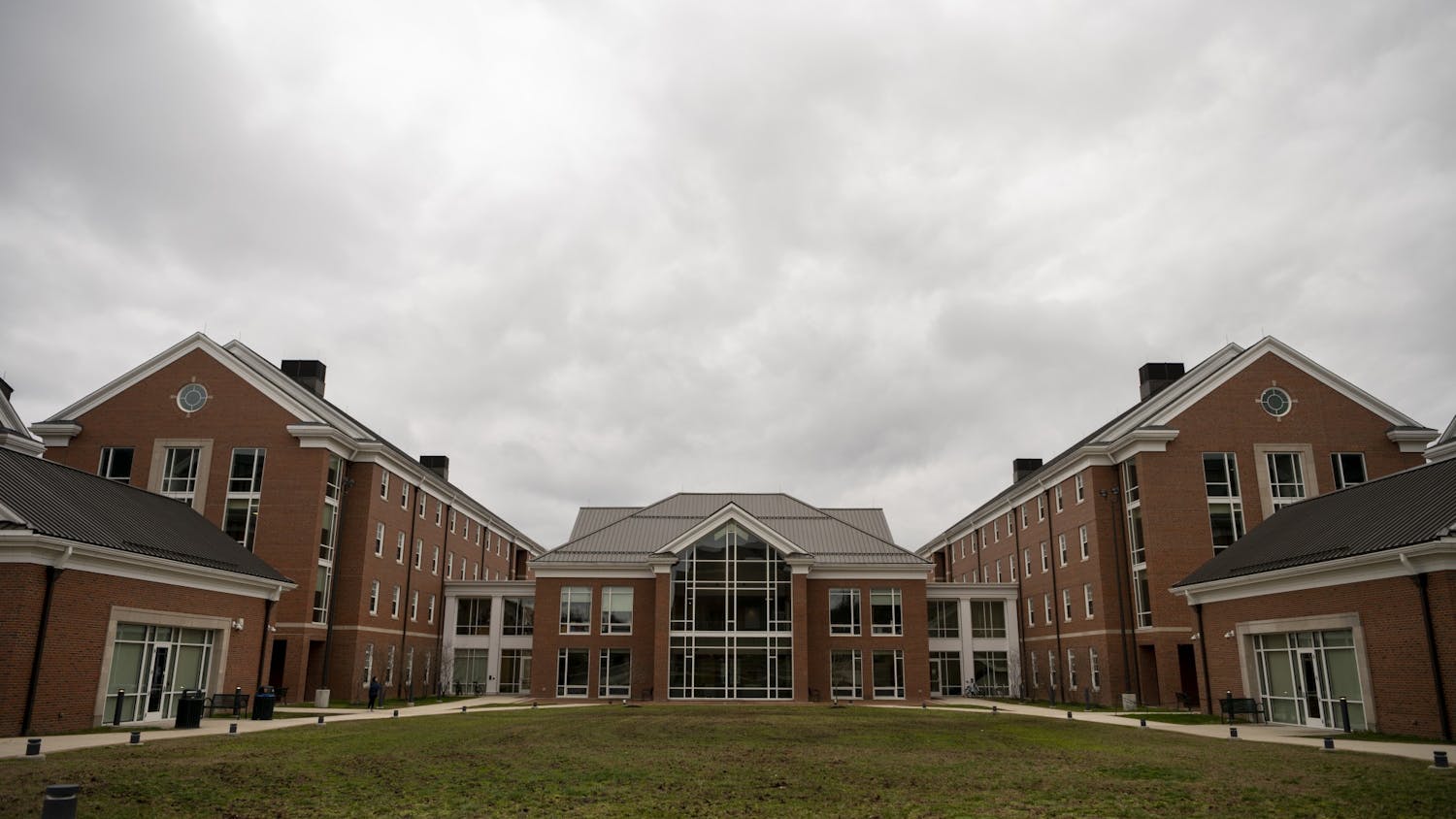College life is a special and stressful experience for anyone. Whether it is your first time on campus or your fourth time back in class, most students will miss home. Studies have shown that 70% of first-year college students experience homesickness, and 30% of all students feel its symptoms throughout the year.
What is homesickness?
Preoccupied by thoughts of home, students who experience homesickness can struggle to adjust to a new environment. The loneliness, sadness and confusion caused by this uncertainty may plague the first weeks on campus. If unresolved, it can even result in anxiety and depression.
Though these thoughts may feel inescapable, there are reasons why this phenomenon occurs and ways to combat the unwanted feeling.
The feeling itself originates from deep in the brain, specifically in the amygdala. The amygdala controls emotional responses, such as fear, anxiety and anger. When you feel homesick, the amygdala sends abnormal distress signals to the rest of your body. From there, adrenaline releases and triggers the body’s fight-or-flight response.
Usually, the body would regulate this feeling. But in new scenarios, such as moving to college, efforts are focused elsewhere. Unregulated fight-or-flight responses are then constantly triggering, causing a person to feel emotions similar to grief.
Society commonly views being homesick as a trait of childhood or poor adjustment in adults. However, this was not always the case.
Once thought of as a deadly disease, American perceptions around homesickness shifted in the mid-18th century when society began to praise individual freedoms. During World War I, psychologist Viktor Tausk named it one of the major causes of desertion. From then on, it was quickly brushed off as a sign of immaturity.
Two centuries later, homesickness has become less of a taboo in American culture and is widely studied and talked about by professionals. Some scientists believe homesickness is a relic leftover from early human evolution.
Humans are, for lack of a better term, pack animals. We thrive in highly sociable and connected societies. At one point, the homesick feeling prevented humans from wandering off and getting eaten. Now, it remains a ghostly, uncomfortable feeling caused by leaving home or another familiar place or people.
Tips for combating homesickness
There are many ways to combat the feeling of homesickness. You can connect to the people around you, especially those in similar situations. College students, especially freshmen, are all looking to connect.
Another method is making a schedule and sticking to it. If you have a routine, it can help with uncertainty. You can also distract your mind from the symptoms of homesickness by staying busy and interacting with others.
You can try to stay off of social media and become acquainted with new surroundings instead. By becoming immersed in new areas, you can relieve confusion and promote exploration, which typically helps you create new relationships.
You can also take time to understand where the feelings are coming from. You can find ways to eat food from home or continue to speak with your loved ones, if you determine it stems from missing parts of your home life. However, you can reach out to professionals in search of help if homesickness seems to be inescapable for you.
Students should not feel alone or ashamed in facing homesickness. College is about many things, but importantly, it is about building community. Take note of those around you, and reach out if you see someone struggling with homesickness. All they may need is a listening ear or a shoulder to lean on.






